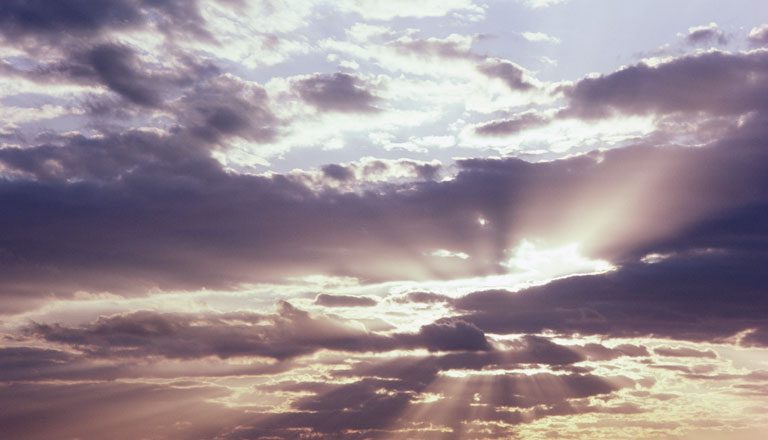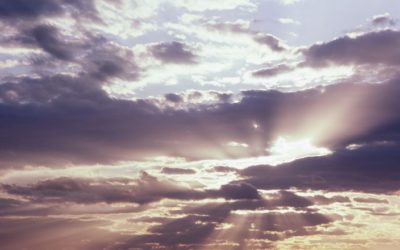Immortality
The expectation of immortality is as obscure as it is interesting. Evidence in favour of the survival of individual consciousness after death is provided from the past by narratives supporting apparitions of the dead. But these stories do not justify by any nature a decisive verdict on their credibility. The moral argument is equally evasive. To some, it seems incredible that extinction awaits us. Even for those who display the qualities manifested by mankind at his best and animated by unselfish purpose, all to be obliterated. But then there is the moral judgement which dooms people to extremes of bliss or misery in accordance with the rules set out by one group or another and depending on what side of the line you fall will decide your fate. Surely our conscience feels that no one deserves either heaven or hell. Moreover, this same conscience would doubt whether anyone really deserves complete perpetuation. We are of a complex nature; some elements of our nature seem to deserve to be eliminated, and others to survive. Thus the moral indictment against the old expectation of judgement is that no one deserves either of its extremes. Judgement should be not between man and man, saving one and condemning the other, but between different parts of each of us. For in people good and evil are always present. Is what we ask for the ultimate elimination of some parts and the constant growth of others? Moreover, even in the short space of life which we can observe, elimination and selection are clearly present. The child and the old man are one, not by identity but by continuity of life. The path of wisdom does not weigh the merits of various inconclusive arguments, but it distinguishes between what we want and what we know. Desire for most of us is to remain essentially what we think we are, the preservation of our identity. The healthy enjoy life, and even the unhealthy cling to it. If we are candid would we not admit that we would like an indefinitely prolonged existence, that we have a burning curiosity to know what is going to happen in the world and a wish to take part in its development? This is desire. What do we know? We know that matter is indestructible, though it changes its form and that energy is equally indestructible, but constantly varies its form. If life is similar to energy this gives us reason to believe that it is permanent, but that its form changes. If, however, life is a type of energy, not a force similar to it, it too will change its form. But what about abstract reality and its relation to life? To those who are convinced by the arguments in favour of abstract reality, though conceivable but not imaginable, moral life belongs to it and it shares its beliefs of eternity. But does this mean that eternal life is personal, that we stay the same when we die for all eternity?
Life is a succession of losses. The passage from youth to middle age and the change from middle age to old age are losses. No one willingly surrenders the flexibility of youth or the power of middle age. But the experience of going through it teaches us that through loss came gain. Yet how many of us ever foresaw the form which the gain would take? After old age comes death which to is loss. Is it also gain? If existence continues and that at least seems probable knowledge teaches us that it will change its form and that here, too, the gain will come through loss but is this the denial of the survival of identity and it is identity, not life, which we desire. No doubt we want to keep much of what we lose and yet come to see that only through loss could we achieve the greater gain. After all, faith is not belief in spite of the evidence but life in scorn of consequences, a courageous trust in the great purpose of all things and pressing forward whatever the price may be. Who knows whether the identity on which we focus so much on and know so little may not prove to be the temporary limitation rather than the necessary expression of life?





0 Comments